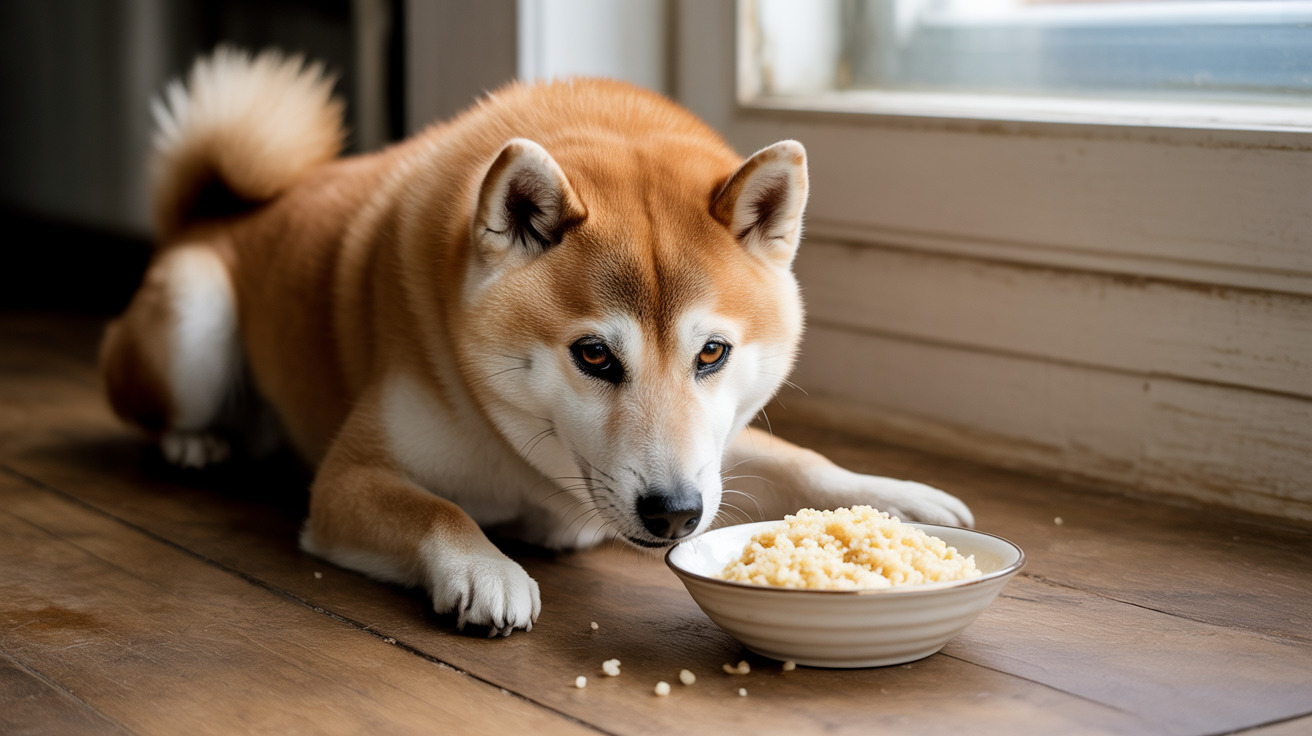What is Couscous and Is It Safe for Dogs?
Couscous is a small pasta made from durum wheat semolina, commonly featured in Mediterranean and North African cuisine. While many mistake it for a grain, it's actually a processed wheat product. When properly prepared, plain couscous is generally safe for most dogs to eat in small amounts.
The key to safely feeding couscous to dogs lies in proper preparation and portion control. It should always be cooked thoroughly and served plain, without any seasonings, oils, or additional ingredients that could harm your pet.
Nutritional Benefits of Couscous for Dogs
When served appropriately, couscous can offer several nutritional benefits for dogs:
- Carbohydrates for energy
- Dietary fiber for digestive health
- Selenium, an important antioxidant
- Moderate protein content
- Essential minerals like magnesium
- B vitamins for overall health
However, it's crucial to remember that couscous should only complement a complete and balanced dog food diet, not replace it.
Potential Risks and Precautions
Wheat Sensitivity and Allergies
Since couscous is made from wheat, it's not suitable for dogs with gluten sensitivities or wheat allergies. Signs of wheat sensitivity may include:
- Itching or skin irritation
- Digestive upset
- Ear infections
- General discomfort or lethargy
Portion Control and Preparation
Overfeeding couscous can lead to several issues:
- Weight gain from excess carbohydrates
- Digestive upset if introduced too quickly
- Nutritional imbalances if fed in large amounts
- Potential blockage if fed uncooked
How to Safely Feed Couscous to Your Dog
Follow these guidelines when introducing couscous to your dog's diet:
- Cook the couscous thoroughly in plain water
- Avoid all seasonings, oils, and additives
- Start with small portions to test tolerance
- Keep couscous treats under 10% of daily caloric intake
- Monitor for any adverse reactions
Frequently Asked Questions
Can dogs safely eat couscous and how should it be prepared?
Yes, dogs can safely eat couscous when it's plain, fully cooked, and served in moderation. Prepare it using only water, avoiding all seasonings, oils, and additives.
What are the nutritional benefits of feeding couscous to my dog?
Couscous provides carbohydrates for energy, dietary fiber for digestion, selenium for antioxidant support, and various minerals. However, it should only be an occasional supplement to a complete dog food diet.
Are there any health risks or allergies I should watch for when giving my dog couscous?
Watch for signs of wheat sensitivity or allergies, including itching, digestive upset, and ear infections. Also monitor for weight gain if feeding regularly.
How much couscous can I feed my dog without causing digestive problems or weight gain?
Keep couscous portions to less than 10% of your dog's daily caloric intake. Start with small amounts and increase gradually while monitoring for any adverse reactions.
Is couscous suitable for dogs with gluten sensitivities or allergies?
No, dogs with gluten sensitivities or wheat allergies should not eat couscous. Consider gluten-free alternatives like rice or quinoa instead, after consulting with your veterinarian.
Conclusion
While couscous can be a safe and nutritious addition to your dog's diet, it requires careful preparation and moderation. Always introduce new foods gradually and monitor your pet for any adverse reactions. When in doubt, consult with your veterinarian about incorporating couscous or any other human foods into your dog's diet.






